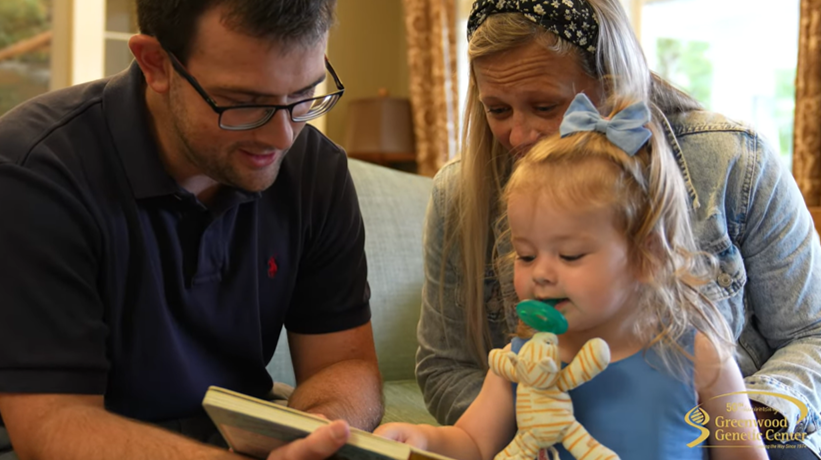Comparative analysis between proband and parental samples for markers on chromsome 15.
3 weeks
81402
$500
Uniparental disomy describes the abnormal assortment of chromosomes from parent to child. Normally, one-half of the genetic material is derived from each parent. In uniparental disomy, the chromosome number is correct, but both members of a chromosome pair or segments of a chromosome pair are inherited from the same parent. The detection of uniparental disomy involves PCR analysis of genetic material from the affected child and both parents.
UPD testing is useful to confirm the diagnosis and to identify the etiology of the disorder within a family as well as to establish the inheritance of Robertsonian translocations.
UPD causes approximately 25% of cases of Prader-Willi syndrome and approximately 7% of cases of Angelman syndrome. Segmental UPD may not be detected. Please provide coordinates prior to sending the sample for any region with absence of heterozygosity (AOH) to confirm that we have markers to cover the region of interest.
The preferred sample type is 3-5 ml of peripheral blood collected in an EDTA (purple top) tube. Extracted DNA, dried blood spots, and saliva are also accepted for this test. Saliva samples must be submitted in an approved saliva kit. Contact the lab to receive a saliva kit or to have one sent to your patient. This test requires a sample on the proband and both parents for complete analysis.
The specimen should be kept at room temperature and delivered via overnight shipping. If shipment is delayed by one or two days, the specimen should be refrigerated and shipped at room temperature. Do not freeze the specimen. Samples collected on Friday can be safely designated for Monday delivery.
Prenatal diagnosis is available if there is a translocation in a parent and/or the fetus increasing the risk for UPD. The cost of prenatal diagnosis is different than a postnatal sample. In addition, there may be extra costs associated with cell culture and maternal cell contamination. Maternal cell contamination studies are required for all prenatal molecular tests. Contact the laboratory prior to sending a prenatal specimen.
Call our laboratory at 1-800-473-9411 or contact one of our Laboratory Genetic Counselors for assistance.
Robin Fletcher, MS, CGC
Falecia Thomas, MS, CGC
Alex Finley, MS, CGC
